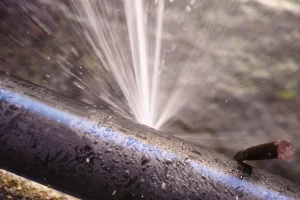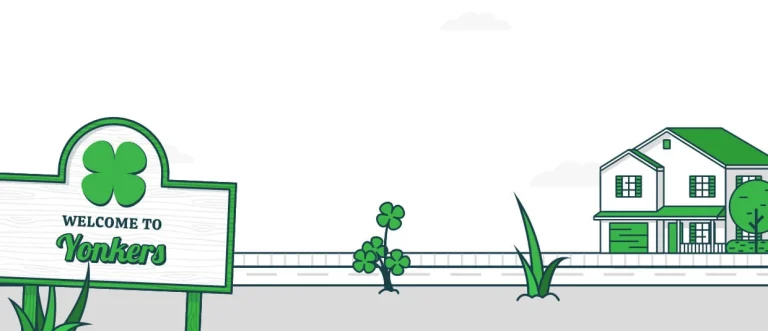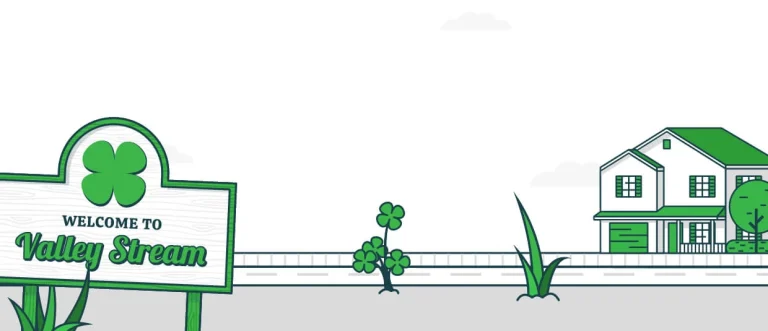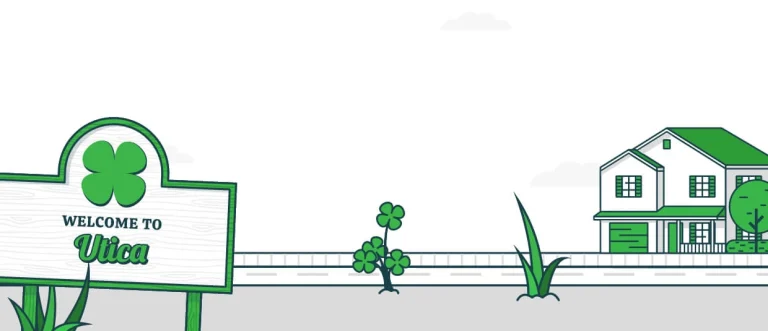If an interior or exterior pipe that’s connected to your home suddenly and unexpectedly bursts, your homeowners insurance will likely cover the damage caused to your home and personal belongings. Fixing the pipe may fall on your plate, though.
However, if that damage was sustained over a prolonged period of time or caused by general wear and tear or negligence on your behalf, you’ll be left high and dry paying for the water damage yourself because homeowners insurance won’t foot the bill.
But there are a few times when a sudden and accidental burst pipe may not be covered by your policy. Let’s look into some different scenarios of coverage.
When Does Homeowners Insurance Cover Burst Pipes?
Typically, when a pipe bursts suddenly and unexpectedly (including when a pipe freezes during cold weather), homeowners insurance will cover the damages associated with it. But if a frozen pipe was caused by a lack of heat in the home, or when a burst pipe was caused due to clogged drains, rust or a lack of proper upkeep, you’ll likely have to pay for the repairs yourself.
Water damage is one of the most commonly filed homeowners insurance claims, so your insurer has likely seen it all. It’s always best to consult your insurer before filing a claim to see if you’re covered. If you are, you can expect your provider to cover the following three aspects of your home and financial wellbeing.
Dwelling Coverage for Burst Pipes
If you suffer a covered burst pipe peril, you can expect your home insurer to repair or replace any part of your home that sustains water damage due to the burst pipe. That can include the floors (like carpeting and the actual wood that makes up the surface layer), the walls from the drywall to studs inside, and the ceiling or other fixtures attached to your house, like the air conditioning unit and fans.
Contrary to popular belief, the dwelling coverage portion of your policy likely won’t pay to repair or replace the pipe that burst in the first place. That typically falls on the shoulders of the homeowner. If your entire home needs to be rebuilt, which is highly unlikely, your policy will pay for either the market value or replacement cost.
Personal Property Coverage for Burst Pipes
The second form of coverage your provider will pay for is to repair or replace your personal belongings that sustained water damage due to the burst pipe. Your personal belongings are anything from your home’s furniture to your clothes, electronics, bicycles and other possessions you keep in your home or on the property.
The personal property portion of your policy will reimburse you for either the actual cash value or replacement cost of your items, depending on which coverage you selected when you purchased the house insurance policy.
While the actual cash value option factors in depreciation to your belongings’ value — and therefore will pay you less than what you purchased it for — the replacement cost option reimburses you for the cost you paid for the item, no matter if you bought it 10 years ago or six months ago.
Loss of Use Coverage for Burst Pipes
The last — and certainly not least — form of coverage you can expect is your policy’s loss of use coverage. It will kick in and reimburse you for additional living expenses associated with a burst pipe that temporarily forces you to move out of your home while it’s being repaired.
So let’s say the burst pipe occurs in the middle of the day while you’re at work, and you come home to a swimming pool in your living room. The repairs need to happen immediately to prevent further damage or mold from growing.
Your home may be considered unlivable at that point until it’s repaired. So your policy’s loss of use coverage won’t leave you high and dry paying your mortgage and another place to live. It will cover a rental unit of equivalent cost or hotel stays while your home is being repaired, as well as extra gas, food and other expenses.
Warning Signs That a Pipe May Have Burst
The first warning sign that a pipe may have burst is the sound of running water in your home where it’s not supposed to be. If the pipe burst inside your walls, you may notice a discoloration in a part of the wall and damp carpets or floors. One telltale is that your home has a rotten-egg odor or that your faucets are producing less water pressure than normal.
Burst Pipe Insurance Claim Tips & Problems
The first thing you should do if you suspect a pipe has burst in your home — but you can’t spot visible damage — is call a plumber to come look at your home immediately. This can be the difference between the claim being covered or not. If you wait to have it looked at and the damage piles up, your insurer could deny your claim due to negligence.
If you spot water damage from a burst pipe, you need to file a homeowners insurance claim immediately. Failure to do so will likely result in the claim being denied. From there, your insurer will bring in an adjuster to determine the cause of the damage and whether or not the claim is covered by your policy.
The editorial content on Clovered’s website is meant to be informational material and should not be considered legal advice.




